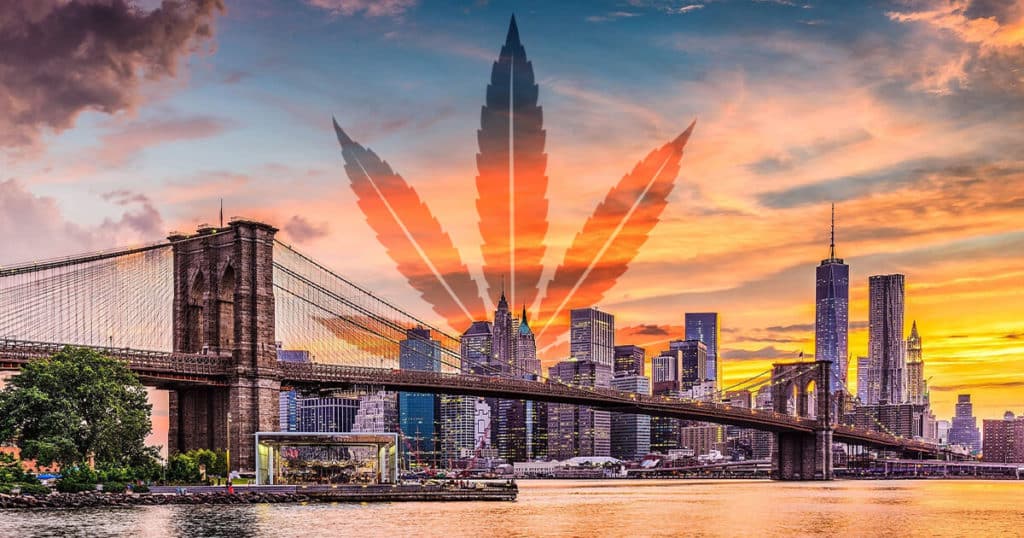It’s been a long time coming, but legal marijuana is finally coming to New York with recent legislative and regulatory changes for hemp farmers as well.
Many local farmers, many of whom have been suffering from low prices for hemp-producing plants, are eager to participate in a statewide marijuana market that is estimated to earn billions of dollars once retail sales begin. Because hemp is virtually the same plant as marijuana, only with lower quantities of the plant’s active element THC, they already know how to grow and process cannabis plants.
How high the quality will be remains to be seen since, as we know all too well, there is a big difference between “growing weed” and cultivating craft quality cannabis that savvy connoisseurs will actually want to buy and consume. 99% of the hemp that will be grown in New York will be grown outdoors while 99% of the cannabis grown for the adult-use recreational cannabis market in New York will be grown indoors. So, yes, there are similarities, but there are many differences as well.
Legislation and Regulations Regarding Hemp Farmers to Cannabis Farmers
While possession of up to 3 ounces of marijuana by those 21 and older became legal across the state last week, many other aspects of marijuana legalization did not. Retail sales, homegrown marijuana, and commercial farming and production will be postponed until the state creates a regulatory agency and establishes specific rules.
Existing medical marijuana businesses are likely to play a significant role in the new adult market in New York, but lawmakers included restrictions to limit market dominance. Provisional marijuana planter and processor licenses for current hemp farmers’ businesses that take specific steps to promote equity in the growing industry have just been filed by critical New York Assembly and Senate members. The bill aims to speed up establishing New York’s adult-use market while also supporting efforts to achieve ambitious equity targets for cannabis company involvement.
Half of the licenses are expected to go to applicants who demonstrate “social and economic equality,” including financially distressed farms. Regulators will most likely take months to respond to market-defining concerns like how many licenses will be available and how much they will cost. High rates for cultivation licenses, for example, would keep some smaller farmers out of the market, so it will be necessary to take this into account to ensure that even smaller producers may participate.
Prospective conditional license holders would also be required to “participate in an environmental sustainability program and a social equity mentorship program” in addition to having been authorized to grow hemp by the state Department of Agriculture as of December 31, 2021—and have raised the crop for two of the previous four years. People from disproportionately affected neighborhoods, minority- and women-owned enterprises, distressed farmers, and service-disabled veterans are now included.
Farmers in New York, who typically plant in early May, can’t wait for this new marijuana legislation. However, the five-member board that will oversee the new Office of Cannabis Management has yet to be named, and additional regulatory clarification isn’t expected until after Labor Day. Much more remains to be seen and done in the coming months and years regarding farmers transitioning from hemp farmers to cannabis.
Beard Bros wants our consumers to shop ethically for cannabis and ask questions about the underlying structures that inform how cannabis is grown, tested, and distributed for use. Our hope is for a deregulated world that allows users to explore cannabis without contributing to Hemp Farmers—instead elevating wellness through natural remedies that have been trusted for centuries.

Want to learn more? Then visit our blog, where we have a plethora of cannabis-related topics for you to choose from!
















